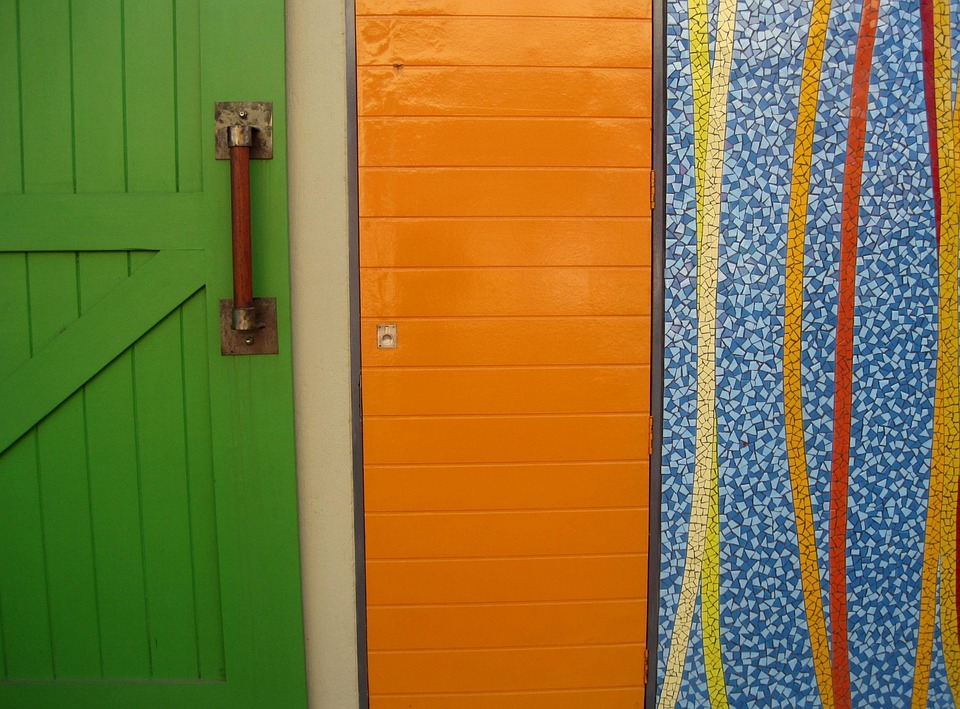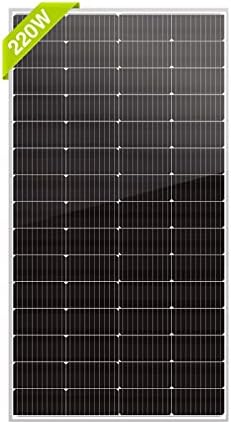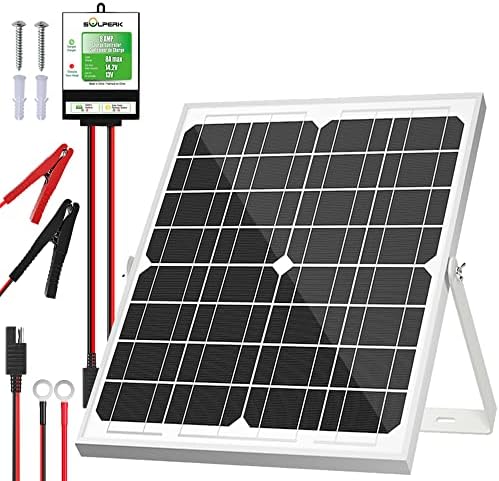### Is Solar Energy Worth the Investment? Costs vs. Benefits Explored
Waking up to the gentle hum of nature instead of the blaring sound of an alarm clock is indeed a refreshing change. As I strolled out to my little patch of green, the sunlight was pouring over what felt like a miniature green haven. It was one of those mornings where the vibrant energy of the sun felt almost tangible. This experience wasn’t just delightful; it was a constant reminder of the power of the solar panels installed on my roof. Time to explore whether the investment in solar energy is one worth making.
When considering energy solutions, the topic of solar energy continuously surfaces. It garners a whirlwind of opinions, fuelled by environmental concerns, rising electricity costs, and technological advances. But is solar energy really worth the investment? Let’s take a deep dive into the costs versus benefits and find out if solar energy is indeed a hot commodity!
### Understanding Solar Energy
At its core, solar energy is the harnessing of electrical power from the sun through photovoltaic (PV) cells, usually found on solar panels. These panels convert sunlight into electricity that can be used to power your home, charge devices, and even feed into the electricity grid. As technology advances, solar energy has become more accessible and efficient, but does its appeal stand under financial scrutiny?
#### The Costs of Going Solar
1. **Initial Investment**
The upfront cost of solar panels can be daunting. Depending on various factors — including the size of your home, the number of panels needed, and local installation fees — the initial outlay for a solar system can range from $10,000 to $30,000. However, keep your chin up; various government incentives and rebates can significantly reduce this figure.
2. **Installation Expenses**
Installation is a pivotal part of the overall investment. Beyond just the panels themselves, installation can run anywhere from $1,000 to $3,000 based on the complexity of your setup and your geographical location. Factor in whether your roof needs repairs or reinforcements to accommodate the additional weight of the panels.
3. **Maintenance Costs**
While solar panels are relatively low-maintenance, they do require occasional attention. Budget for potential cleaning and periodic inspections, which might set you back around $100 to $300 yearly.
4. **Battery Storage**
If you’re considering going completely off the grid, you may need a battery storage system, which can add to the total cost. Energy storage options vary widely, with prices ranging from about $5,000 to $15,000.
### The Benefits of Going Solar
1. **Lower Utility Bills**
One of the most immediate benefits of installing solar panels is a significant reduction in your electricity bills. Depending on your energy consumption and the size of your solar array, you could save anywhere from 50% to 100% on your monthly energy bills.
2. **Increased Property Value**
Installing solar panels can also boost your property’s value. Studies indicate that homes with solar installations sell for more than comparable homes without. This investment pays dividends down the road if you ever decide to put your home on the market.
3. **Incentives and Tax Credits**
Local and federal incentives can be a game-changer. For instance, the federal solar tax credit allows you to deduct a significant percentage of your solar panel installation costs from your federal taxes. Additionally, various states offer rebates and credits, further softening the initial investment obstacle.
4. **Environmental Impact**
Going solar is a big win for the environment. Utilizing renewable energy helps reduce your carbon footprint, decreases reliance on fossil fuels, and minimizes greenhouse gas emissions. Every bit of energy you create from the sun is a step towards a more sustainable future.
5. **Energy Independence**
Dependence on electricity suppliers can be maddening, especially during grid outages or price spikes. By investing in solar, you’re taking the reins of your energy supply and harnessing the sun, which is free! Essentially, solar energy can shield you from fluctuations in energy prices.
### Comparing Costs vs. Benefits: The Lifespan Factor
When evaluating the costs versus benefits of solar energy, it’s essential to consider the long-term picture. The average lifespan of solar panels ranges from 25 to 30 years, with many panels still performing efficiently beyond that. Therefore, if we take a conservative approach, a solar system could potentially pay for itself within 5 to 10 years through energy savings, tax credits, and increased property value.
### Pro Tips for Going Solar
1. **Get Multiple Quotes**
Don’t settle on the first estimate you receive! Consulting multiple solar companies will not only give you a price range but also different options suited for your needs.
2. **Research Local Incentives**
Not all solar programs are created equal. Investigate state-specific rebates, credits, and financing options to maximize your savings.
3. **Consider Your Energy Needs**
Before committing, assess your typical energy usage to gauge what size solar array will make sense for your household. The more accurately you can predict your future energy consumption, the better your investment will be.
4. **Think About Financing Options**
If upfront costs are a concern, explore financing options such as a solar loan, lease, or power purchase agreement (PPA) to make solar more affordable.
5. **Regular Maintenance**
Keeping your equipment in prime condition is crucial. Schedule regular maintenance checks to ensure optimal performance and longevity.
### Future of Solar Energy
As technology continues to evolve, solar energy is poised only to get better. Innovations in battery storage, increased efficiency of PV cells, and government support could lead to even lower costs and enhanced energy independence. While the initial investment may seem intimidating, the long-term benefits make solar energy a worthy consideration for anyone looking to reduce their environmental impact and save on energy costs.
### Conclusion: Is Solar Energy Worth the Investment?
To distill everything into one sentence: yes, solar energy is worth the investment. While the initial costs can be significant, the long-term savings, combined with environmental benefits and increasing value for your property, create a compelling case for making the switch. By doing thorough research, planning for your energy needs, and taking advantage of available incentives, you can make the leap into solar with confidence.
Going solar isn’t just an investment in energy; it’s an investment in your future, your home, and the health of our planet. So grab your calculator and get ready to shed some light on your energy journey!



